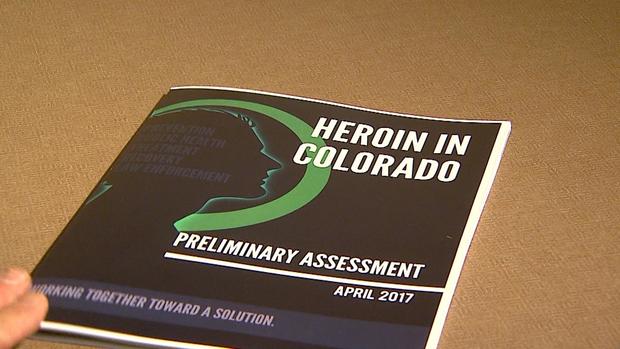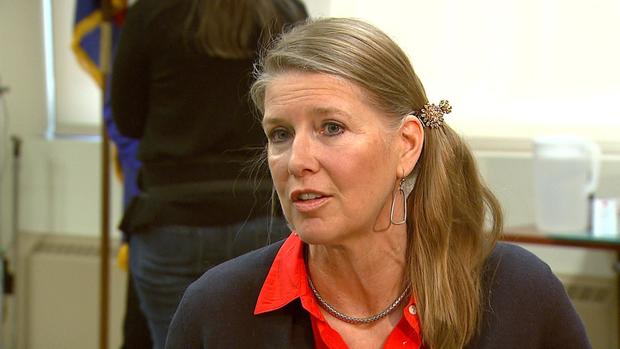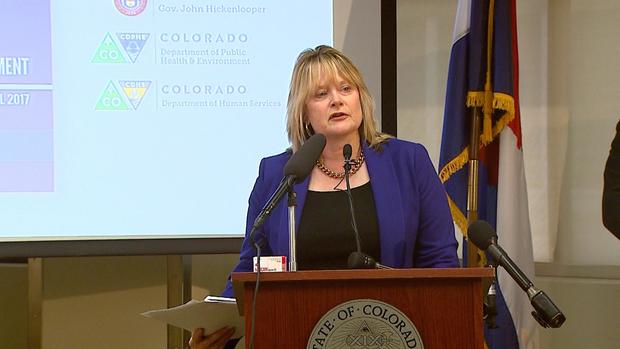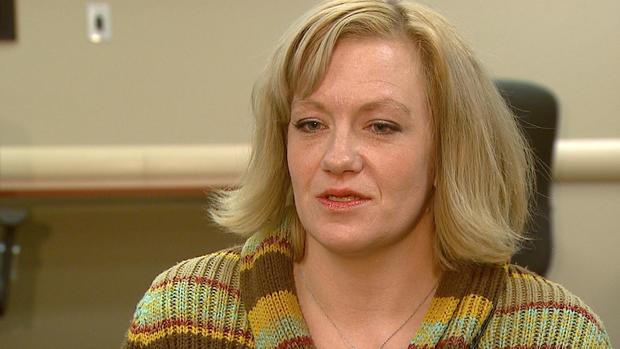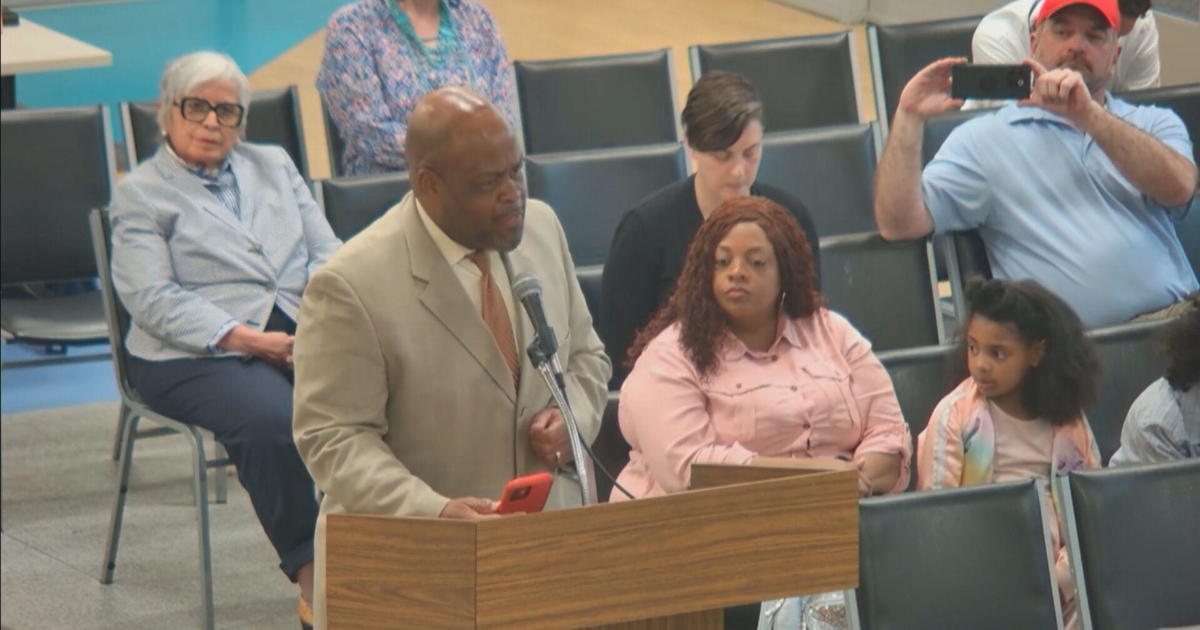Addicts Help Colorado Leaders Formulate Heroin Addiction Battle Plan
DENVER (CBS4) - People are dying at an alarming rate in Colorado because of heroin. In the first ever report about heroin abuse in Colorado, were learning that heroin related deaths doubled from 2011 to 2015.
Heroin's stigma, for many, is the dirty drug only a serious addict uses. Many people think it will not happen to their family or their children. Thursday morning a group of law enforcement and medical leaders in the state, along with addicts and family members of addicts, came together to talk about heroin. They know that heroin has no boundaries.
Fay Barger, a mother of six, is a recovering addict. She says addiction took over her life for several years.
"I used several times a day, every day for a couple years," she said.
READ THE REPORT: Heroin In Colorado
Barger is one of 700 people surveyed in Colorado for the report. The state interviewed current heroin users, recovering addicts and family of addicts, like Cyndee Lutz. Lutz's son became an opioid addict at 15 while attending Arapahoe High School, then transitioned to heroin.
"The kids started getting prescriptions out of medicine cabinets," she explained. "They were experimenting and I'm sure none of them thought they were going to die."
Lutz says many of her son's friends died. Thankfully, her son is now in recovery and doing well.
Seventy percent of the heroin users surveyed in the report claim that prescription painkillers, for medical needs, played a role in their use of heroin.
Leaders in law enforcement, treatment and prevention are now working together to tackle the heroin problem, according to Tom Gorman of the Rocky Mountain High-Intensity Drug Trafficking Areas.
"If we join together in Colorado we can attack this problem, we can make a difference," Gorman said.
Part of working together includes police officers now using a lifesaving drug to reverse overdoses when they see them. In Colorado, 130 law enforcement agencies now carry a lifesaving box filled with two doses of Naloxone. Colorado Attorney General Cynthia Coffman says since January of 2017 officer have saved a lot of lives.
"We have had over 172 overdose reversals," Coffman said.
The "Heroin in Colorado" report found that addicts who do overdose, did so on an average of three times. Barger says she desperately wanted to stop using heroin near the end of her use but struggled to get clean until she went to prison.
"It was a pretty miserable existence," said Barger. "You just got so sick when you didn't have it, that I would do anything to not get sick."
In addition, the report details some of the health effects of heroin use, including disease transmission as a result of shared needles and the increase in neonatal abstinence syndrome, which occurs when babies are born opiate dependent.
"Too many Colorado families have been hurt by the heroin epidemic," said Lt. Gov. and Chief Operating Officer Donna Lynne. "This first-ever report provides the sobering statistics and serves as our call to action to do all we can to help our citizens avoid its use and provide support to those on the front lines of battling its misuse."
The report's highlights include:
- Heroin-related deaths among Colorado residents doubled between 2011 and 2015.
- There was a 2,035 percent increase in the number of heroin seizures between 2011 and 2015.
- Between 2011 and 2015, there was an 80 percent increase in the number of hepatitis C virus cases among people ages 15 to 29. Hepatitis C often is contracted when needles are shared.
Results in the report from the methadone clinic study show:
- Heroin use spans demographics. While the income and age range of respondents varied, many current or former heroin users reported having a college education, living in their own home and being employed.
- Seventy percent of respondents said prescription painkillers played a role in their decision to use heroin.
- When asked what could have prevented their heroin use, respondents said they might not have used heroin if they had never taken pain pills, had different friends or had more education about the effects of drug use.
"Colorado has an opportunity to be a model for the rest of the country in bringing law enforcement, treatment, recovery and prevention together in a true partnership to address the heroin problem," said Dr. Larry Wolk, executive director of the Colorado Department of Public Health and Environment.
Each of our agencies recognizes collaboration is vital if we want to see reductions of heroin and other opioid use in coming years."
Jennifer Brice is a reporter with CBS4 focusing on crime and courts. Follow her on Facebook or on Twitter @CBS4Jenn.
